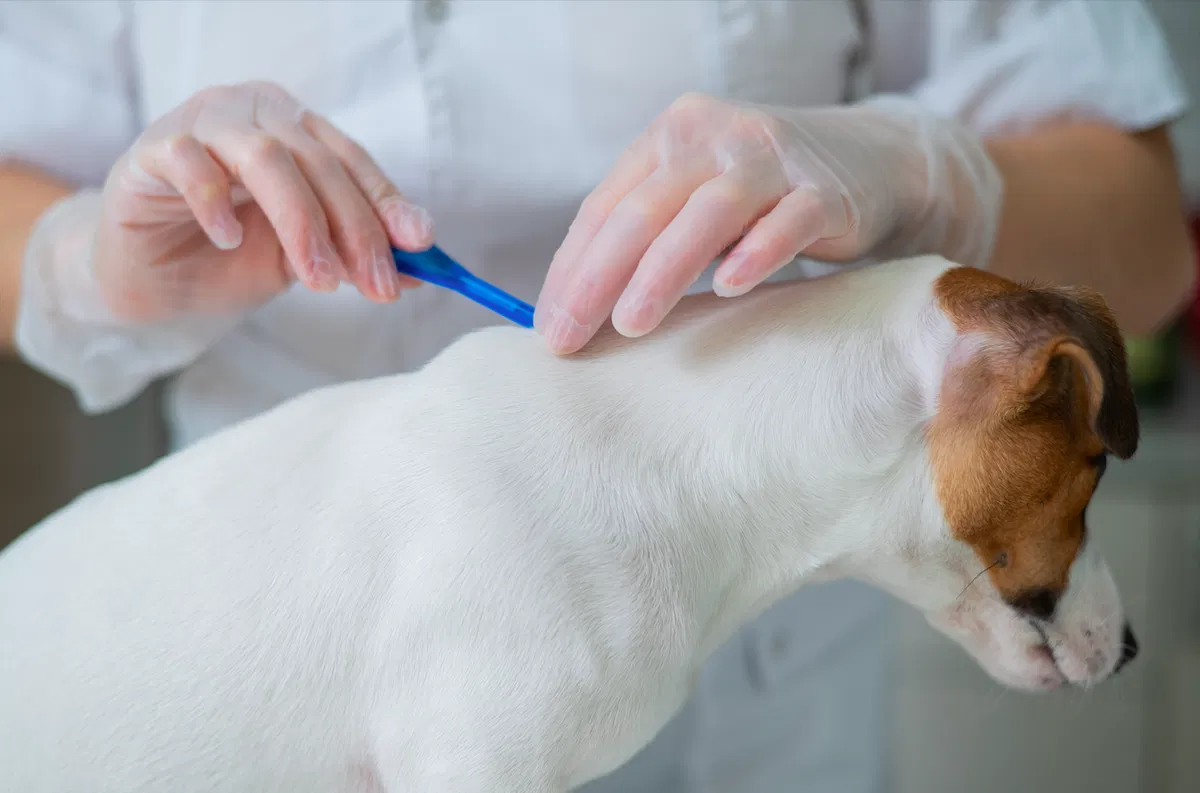By Molly Grace
Copyright euroweeklynews

Pilar de la Horadada has unveiled a new campaign designed to promote responsible pet ownership by encouraging the identification and sterilisation of dogs and cats. The initiative, organised through the municipal Department of Animal Protection and Health, also includes the administration of rabies vaccinations. Running from September 29 until December 1, or until the allocated budget has been used, the scheme aims to make essential veterinary procedures more accessible to local residents.
The council has partnered with several veterinary practices in the municipality, including Clínica Veterinaria El Pilar, Clínica Veterinaria del Sureste, Pelo-Pico-Pata, and Moby Dick. These clinics will carry out the treatments at subsidised prices, thanks to financial support from the Town Hall. The measure reflects the local authority’s determination to reduce cases of abandonment, improve animal welfare, and ensure compliance with legal obligations regarding the registration and microchipping of pets.
Residents who wish to take advantage of the campaign must request prior authorisation from the Citizen Service Office at the Town Hall. Once obtained, they will be able to access the discounted services directly at the participating clinics. The campaign covers rabies vaccinations, compulsory identification by microchip, and sterilisation, with fees set at significantly lower rates than usual. According to officials, sterilisation is a particularly important part of the programme. Not only does it prevent unwanted litters, which often lead to cases of abandonment, but it can also reduce behavioural problems and improve the health of animals. By promoting sterilisation, the council hopes to tackle the issue of stray cats and dogs in the municipality, which has become a growing concern in recent years.
Equally, the identification element of the campaign is crucial. Microchipping is a legal requirement in Spain and is the most effective method of reuniting lost pets with their owners. The local government has stressed that all pet owners must ensure their animals are both identified and vaccinated, as failure to do so could result in penalties.
The campaign also serves as a reminder of the responsibilities that come with pet ownership. By making these essential services more affordable, the council is removing barriers that may prevent some families from complying with the law or ensuring the well-being of their animals. Councillor representatives have expressed their commitment to continuing similar initiatives in the future, highlighting that promoting animal health is also a way of protecting public health. Rabies vaccination, for example, remains vital despite the disease being extremely rare in Spain, as it helps maintain control and prevents possible reintroduction.
The Town Hall has encouraged all residents with dogs or cats to participate before the end of December, underlining that improving the welfare of pets benefits the entire community. With this new campaign, Pilar de la Horadada reaffirms its dedication to fostering a culture of respect, care, and responsibility towards animals.



